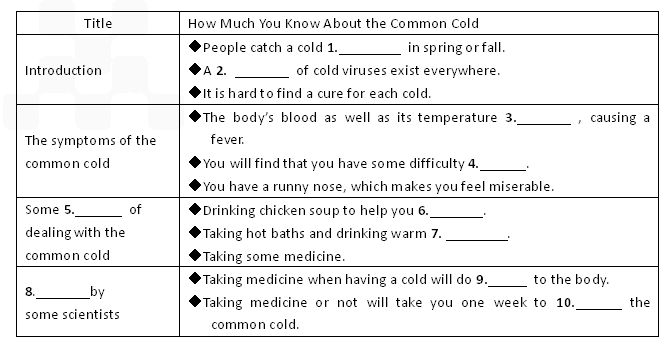题目内容
阅读理解
Baths and bathing have long been considered of medical importance to man. In Greece there are the
ruins(废墟) of a water system(系统) for baths built over 3,000 years ago. The Romans had warm public
baths. In some baths, as many 3,000 persons could bathe at the same time.
Treating disease by taking bathing has been popular for centuries. Modern medical bathing first became popular in Europe and by the late 1700's has also become popular in the United States.
For many years frequent(经常的) bathing was believed to be bad for one's health. Ordinary bathing
just to keep clean was avoided(避免), and perfume was often used to cover up body smells!
By the 1700's doctors began to say that soap and water were good for health. They believed that it
was good for people to be clean. Slowly, people began to bathe more frequently. During the Victorian
Age of the late 19th century, taking a bath on Saturday night became common.
In the United States ordinary bathing was slow to become popular. During the 18th and early 19th
centuries, many Americans were known as "The Great Unwashed!" In one American city, for example, a
person was only allowed to take a bathe every thirty days! That was a law!
Frequency of bathing today is partly a matter of habit. People know that bathing for cleanliness is
important to health. Doctors know that dirty bodies increase the chance of diseases. As a result, in the
United States, people generally bathe often. Some people bath once a day at least. They consider a daily
bath essential (=necessary) to good health.
1. A water system for baths was built by over 3,000 years ago.
A. the Romans
B. the Greeks
C. the Americans
D. the Europeans
2. The underlined word perfume probably means .
A. something smelling sweet
B. good health
C. something smelling strange
D. large wealth
3. In the 18th century doctors believed that being clean was .
A. unimportant
B. good for health
C. harmful
D. important
4. Which of the following gives the main idea of the passage?
A. Everybody in America takes a daily bath.
B. A bath a day keeps the doctor away.
C. Taking baths has become popular in the world.
D. Bathing has become easier and cheaper
5. Dirty bodies can .
A. ruin one's business
B. cause good health
C. drive customers away
D. cause disease

| |||||||||||||||||||||||||||||||||||||||||||||||||||||||||||||||||||||||||
| 阅读理解 | ||||||||||
|
Many people catch a cold in the springtime or fall. It makes us wonder… if scientists can send a man to | ||||||||||
| ||||||||||
